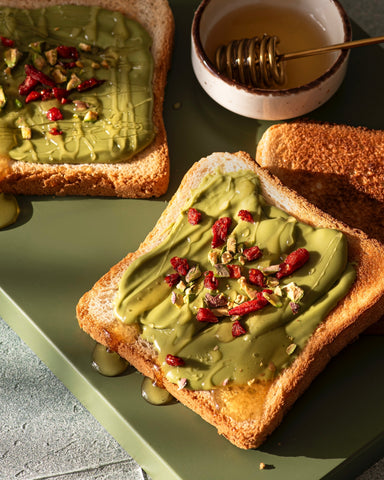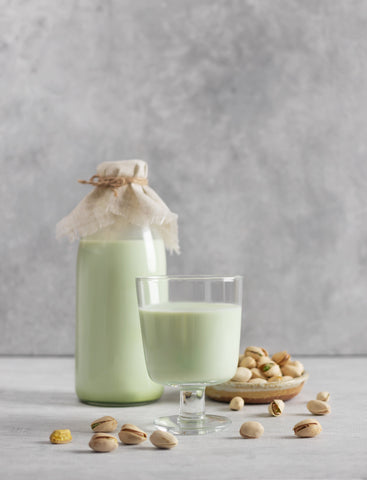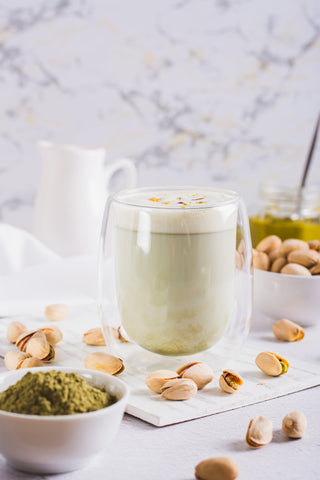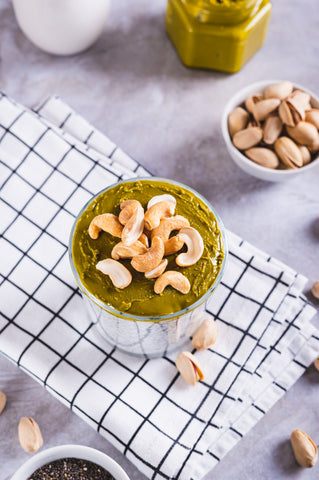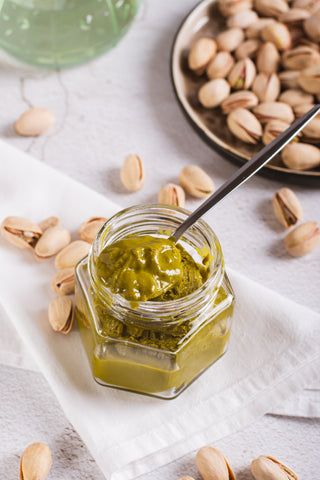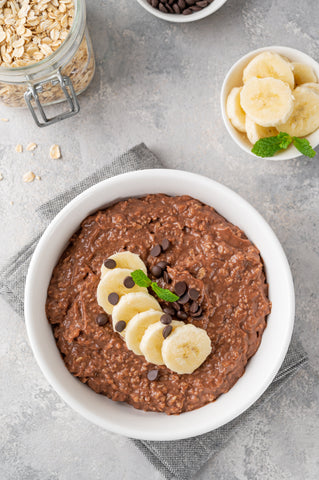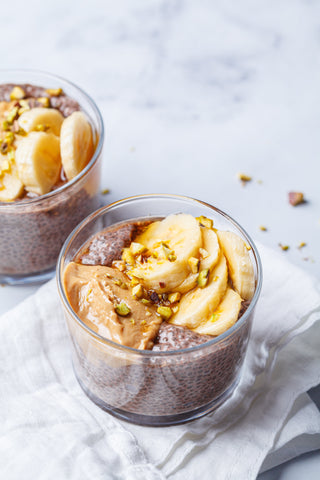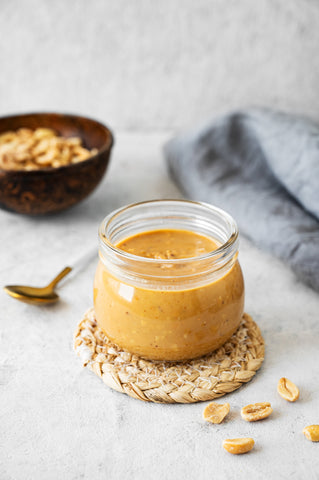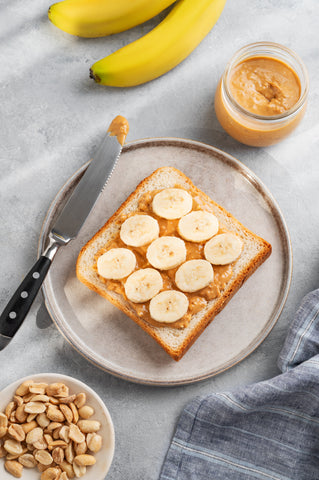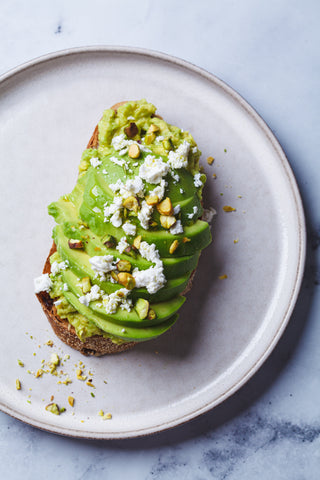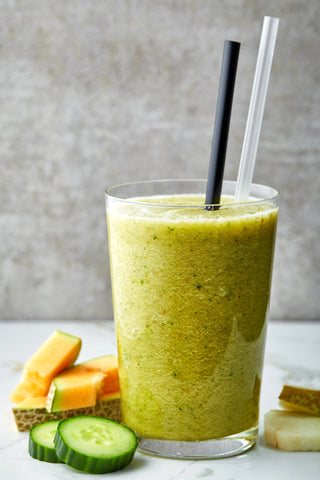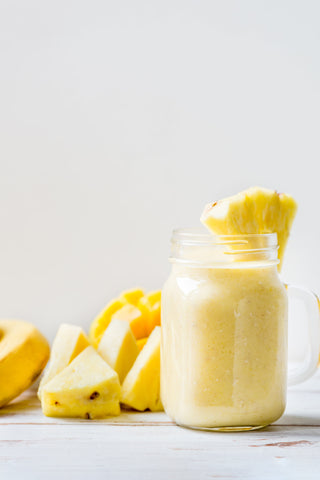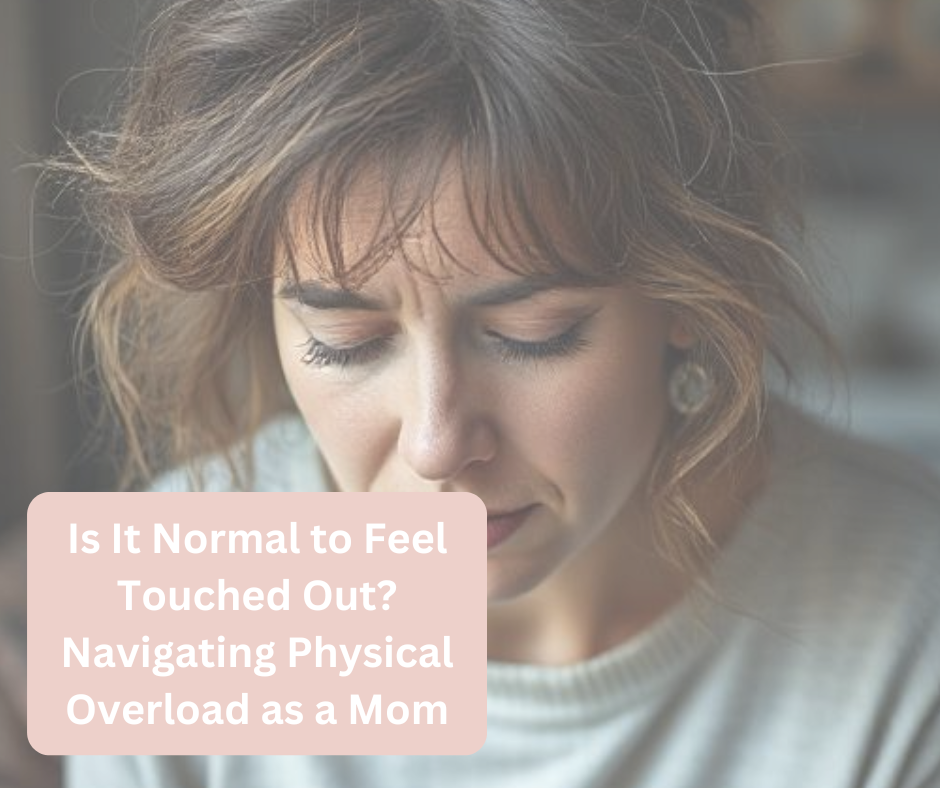
Is It Normal to Feel Touched Out? Navigating Physical Overload as a Mom
Share
Ever hand your baby to someone, walk into another room, and exhale like you’ve been holding your breath for hours?
That was me last Tuesday—standing in my kitchen, hands trembling over the sink, thinking: “If one more person touches me today, I’m going to lose it.”
If that’s you too, mama… breathe. You’re not crazy. You’re not cold.
You’re just “touched out.” And you’re definitely not alone.
🤱 What Does It Mean to Feel “Touched Out”?
Being “touched out” means you’ve hit a limit. Your body, your skin, your nerves—they’ve all been on for hours or days. Feeding. Rocking. Cuddling. Wearing the baby. Responding to everyone’s needs but your own.
And now? Even the lightest touch—your partner’s hand on your back, your toddler’s request for another snuggle—feels like too much.
It’s a quiet kind of overwhelm no one warned us about.
But every mom I know has felt it.
Why You Might Be Feeling Touched Out Postpartum
You’re not broken—you’re burnt out. Here’s why:
- Constant contact: Babies need closeness to survive. But the need never ends—and that can wear you down.
- Postpartum hormones: Breastfeeding and hormonal shifts make you more sensitive, physically and emotionally.
- No boundaries: You’re available to everyone, all the time. But where do you get to rest?
- Sleep deprivation: When your brain is foggy and your patience is thin, even love can feel like pressure.
- Lack of autonomy: Your body doesn’t feel like your own anymore. And that’s a hard truth to sit with.
How to Cope with Being Touched Out (Without Feeling Guilty)
Here’s what’s helped me—and what might help you too.
1. Name It Without Shame
You’re not a bad mom for needing space. You’re a human being with a nervous system that’s running on fumes. Saying “I feel touched out” is the first step back to yourself.
2. Create Soft Boundaries
- Ask your partner to take over for 20 minutes—even just to hold the baby.
- Step outside. Sit in silence. Close the bathroom door and lock it.
- Say no to snuggles when your body says “enough.”
Your love isn’t measured by your availability.
3. Have a Reset Ritual
When I feel maxed out, I:
- Change into soft clothes
- Drink something warm
- Put on calming music and breathe
- Step into the shower like I’m shedding the day off my skin
It doesn’t fix everything—but it brings me back to me. (Here's our post on How to Find Time for Yourself with a Newborn)
4. Let Others Step In
Pumping saved my sanity. Letting my partner give a bottle or do skin-to-skin gave me space to breathe—and reminded me that I don’t have to do it all.
5. Wear Clothes That Don’t Add to the Overwhelm
Sensory overload is real. And scratchy bras or tight straps don’t help.
That’s why I live in my Bloom & Heal maternity bras—they’re soft, stretchy, and designed for overstimulated, postpartum bodies like mine. No wires, no pressure. Just support that feels like a hug.
💞 Mama, You’re Not the Only One
If you’re feeling touched out, you don’t need to fix yourself.
You need comfort. Space. Time.
You need someone to say: “Of course you’re overwhelmed. This is a lot.”
And that’s what I’m here to do.
You’re still a good mom. You’re allowed to need space.
And you deserve softness, too.
🌸 Come breathe with me over on the Bloom & Heal Maternity blog—where motherhood isn’t sugarcoated, and self-care isn’t optional.
FAQs
Q: Is it normal to feel “touched out” during postpartum?
A: Yes. Many moms—especially those breastfeeding or babywearing—feel overstimulated by constant physical contact. It’s a valid and common experience.
Q: What can I do if I feel touched out but can’t take a break?
A: Even micro-breaks help. A quiet breath in the bathroom, stepping outside for two minutes, or listening to calming music while rocking your baby can create space within the chaos.
Q: How do I explain “touched out” to my partner?
A: Use honest language: “I love you, but I’m feeling physically overwhelmed. I just need some space to reset before I can be present again.”
Q: Can clothes contribute to sensory overload?
A: Absolutely. Tight, scratchy, or restrictive clothing can make touch sensitivity worse. Soft, breathable fabrics like those in Bloom & Heal’s bras can make a real difference.
Q: How long does this “touched out” phase last?
A: It varies. It can come and go based on sleep, hormones, and how much help you’re getting. But you can manage it with gentle routines, support, and honest self-care.
Q: Is needing space from my baby a sign of postpartum depression?
A: Not necessarily. Feeling touched out is different from PPD, though the two can overlap. If you’re feeling persistently numb, sad, or disconnected, talk to a provider you trust.
